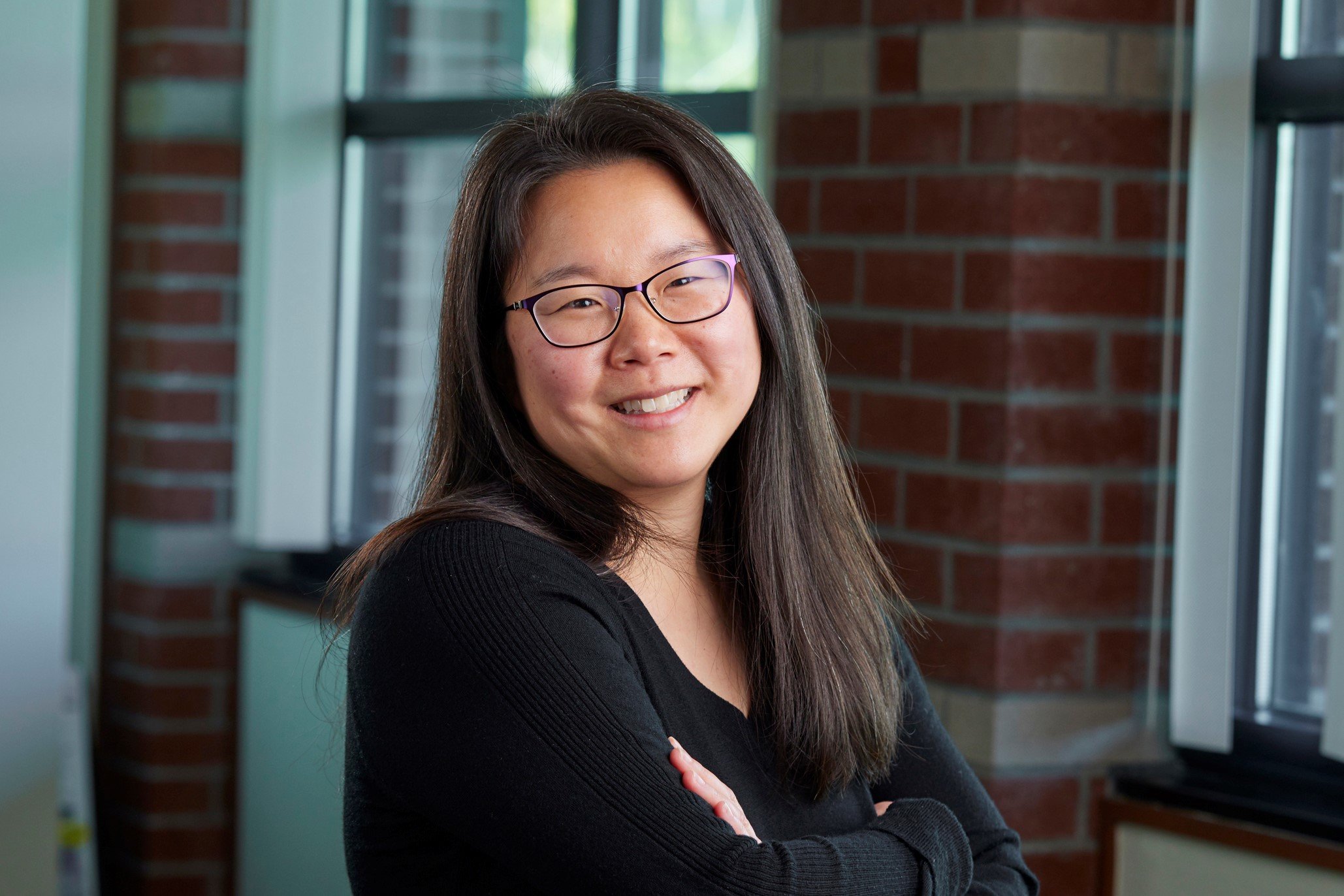Newly Diagnosed with Skin Cancer
What Comes Next After a Skin Cancer Diagnosis?
If your dermatologist found skin cancer, you may need treatments in addition to removing the cancer. Depending on the type of skin cancer – melanoma or non-melanoma – there are several options for treatment that make the cancer less likely to return.
The skin cancer doctors at Willamette Valley Cancer Institute and Research Center (WVCI) have created this guide to address your questions so you can make an informed decision about the next steps and prepare for skin cancer treatment.
What Kind of Doctor Should I See for Skin Cancer Treatment?
Most skin cancers are diagnosed by a dermatologist, who can often remove the cancer, along with some surrounding skin, during an office visit. However, if your dermatologist suspects that your skin cancer has spread, grown deep into the layers of skin, or is difficult to reach, you will be referred to an oncologist for further treatments.
An oncologist is a specialized doctor who manages a patient's cancer care team after a diagnosis. They are most familiar with all of the various cancer treatment drugs, clinical trials, radiation treatments, and supportive care services that cancer patients may need during treatment. At Willamette Valley Cancer Institute, you will have access to oncologists at one convenient location.
Your oncologist will consult with you and other members of the care team to develop a personalized and effective treatment plan. It will be based on factors such as your skin cancer type and its stage. Your care team will consist of several specialists, including:
- Medical oncologist
- Radiation oncologist
- Oncology nurses
- Plastic surgeon, if needed
This team will work together to recommend the best treatment plan for you.
Should I Get a Skin Cancer Diagnosis Second Opinion?
Feeling confident about your skin cancer diagnosis and treatment plan goes a long way. Many patients seek a second opinion before beginning treatment. At WVCI, our physicians offer second opinions on skin cancer diagnoses and treatment options.
Insurance companies usually cover second opinions. However, it's wise to contact your insurance provider to verify coverage for a second opinion appointment.
Understanding Your Skin Cancer Treatment Plan
Types of Skin Cancer
There are two main categories of skin cancers: nonmelanoma skin cancers and melanoma.
Non-melanoma skin cancers
This skin cancer type includes basal cell carcinoma (BCC) and squamous cell carcinoma (SCC), which are the two most common types of skin cancer. These cancers are typically less aggressive than melanoma.
Melanoma
While less common, melanoma is considered the most dangerous type of skin cancer because of how quickly it can spread or grow deep into the layers of skin.
Stages of Skin Cancer
If a biopsy of the cells removed shows that you have skin cancer, your doctor needs to know the extent (stage) of the disease to choose the best path forward. The oncologist may need to run additional tests, such as a lymph node biopsy, imaging tests, and blood tests.
Stages are represented by Roman numerals I through IV (4), with stage 1 considered localized skin cancer and stage IV representing cancers that have spread to other areas of the body. You can be anywhere in between.
Knowing the skin cancer stage gives your oncologist insight into which treatments will be the most effective. Learn more about non-melanoma skin cancer staging and melanoma skin cancer staging.
Which Skin Cancer Treatments Will I Receive?
It may be necessary to perform more surgery to be sure all the cancer cells are removed. Additionally, treatments such as these can be used to kill any cancer cells that remain after surgery or that have spread to other areas of the body.
- Surgery
- Radiation therapy, including high-dose brachytherapy for non-melanoma
- Chemotherapy (topical or IV)
- Photodynamic therapy
- Immunotherapy for melanoma
- Targeted therapy for melanoma
Learn more about available options for non-melanoma treatment and melanoma treatment.
Are Skin Cancer Clinical Trials An Option?
WVCI offers access to the latest clinical trials at several convenient locations. Clinical trials for skin cancer help reveal new treatment options, including new skin cancer treatments, and allow many patients to receive newly developed therapies or investigational drugs that are not yet available outside the study.
If you are interested in participating in a clinical trial, discuss it with your oncologist to determine if you would be a good candidate.
Preparing for an Appointment with a Skin Cancer Oncologist
Every cancer journey is unique, but having support can be beneficial for any patient. It's a good idea to bring a relative or friend with you to your first appointment. They can provide emotional support, listen, and help take notes on the information discussed. Having someone else there can help you remember details later on.
Take Notes
During your first oncology appointment, you will receive a lot of information that may be difficult to remember. To ensure you don’t miss anything, we suggest keeping a notebook handy to record important information. This notebook can be used to include notes on how you’re feeling and the schedule of any medications or supplements you’re taking. It’s also a good place to jot down any questions, thoughts, or observations you have between appointments with your cancer care team. Try to date your entries to help keep your thoughts and notes organized.
If you prefer another method, such as taking notes on your smartphone, try that. Whatever method works best for you is fine—just pick one method and be consistent with it. Having well-documented information is one of the best ways to maintain open communication between you, your doctors, and your caretakers.
Questions to Ask During Your First Appointment
- What can I expect during my appointments?
- Do I need more surgery at the cancer site? What about a lymph node biopsy? If I don't need additional surgery, do I need to consider other treatment options?
- What are the common side effects associated with my treatments? Is there a way to manage them?
- Will I need plastic surgery?
- Do you have any recommendations for eating, exercising, or other activities that I should consider?
- How can I protect my skin from the sun to avoid more skin cancer development?
You Are Not Alone in Your Skin Cancer Journey
Corvallis
Springfield
Find a Skin Cancer Center Near You
We understand the importance of providing valuable information to help you select the best skin cancer treatment for you. At WVCI, our oncologists work with each patient to create an individualized treatment plan. Our locations offer the most advanced melanoma and non-melanoma treatment options available in the Willamette Valley. Our Eugene location is a dedicated skin cancer clinic including high dose-rate (HDR) radiation therapy for non-melanoma.
When you’re ready, select the location nearest you to make an appointment with one of our skin cancer doctors.


